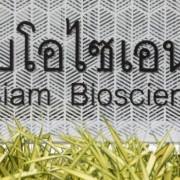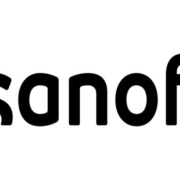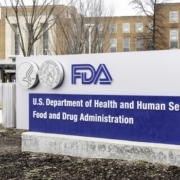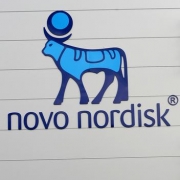AstraZeneca wins rare autoimmune indication for asthma biologic Fasenra
AstraZeneca wins rare autoimmune indication for asthma biologic Fasenra
The FDA on Wednesday signed off on the expansion of AstraZeneca’s Fasenra (benralizumab) for the treatment of rare autoimmune condition eosinophilic granulomatosis with polyangiitis.
According to the pharma, the approval was supported by data from the Phase III MANDARA trial, which pit Fasenra against GSK’s Nucala (mepolizumab), previously the only approved therapy for eosinophilic granulomatosis with polyangiitis (EGPA). Patients with refractory or relapsing disease were given either 30 mg of Fasenra or 300 mg of Nucala monthly for 52 weeks.
Results showed that Fasenra could match GSK’s biologic, eliciting a 59% remission rate versus 56% in the Nucala arm. The difference of 3 percentage points did not meet the statistical bar for superiority but was enough to establish the non-inferiority of Fasenra. Duration of remission was also comparable between groups.
More patients in the Fasenra group were able to completely taper off of oral corticosteroid treatment, with 41% qualifying for withdrawal versus 26% in the Nucala group. Fasenra’s safety in MANDARA was consistent with its known profile.
Ruud Dobber, executive vice president of AstraZeneca’s biopharma business unit, in a statement said Wednesday’s approval “demonstrates the potential of Fasenra to help patients suffering from eosinophilic disease beyond severe asthma” and will allow doctors in the U.S. “to offer an important new, convenient single monthly subcutaneous injection” to EGPA patients.
Afflicting 15,000 patients in the U.S., EGPA is a rare and autoimmune condition characterized by the inflammation of small to medium blood vessels.










